Transforming plastic and tires into clean energy—sustainable solutions, powered by Waste Conversion Technology.
What we do?
We turn garbage into energy using a
proprietary waste conversion technology to make the world a
cleaner and more sustainable place to live
Environmental Impact
- Sustainability and Resource Optimization: Greentech aims to reduce environmental impact by using renewable resources and optimizing energy use. AI can enhance these efforts by analyzing large datasets to find efficiencies and predict environmental outcomes. Blockchain provides transparency and accountability, ensuring sustainable practices are traceable and verifiable.
- Reduction in Waste and Pollution: AI can help optimize waste management and recycling processes. Greentech benefits from these insights, allowing businesses to minimize waste, reduce pollution, and promote a circular economy.
Economic Value
- New Business Models and Revenue Streams: The integration of AI, and Greentech opens new business opportunities. AI-driven analytics can identify market trends and opportunities for sustainable products. Web3's secure transactions and smart contracts facilitate new business models, such as decentralized energy trading or carbon credits, while Greentech creates eco-friendly products and services.
- Efficiency and Cost Reduction: AI can streamline processes, automate tasks, and reduce operational costs. Greentech offers energy-efficient solutions, further reducing operational costs.
Technological Innovation
- Cross-Disciplinary Synergy: The convergence of these technologies fosters innovation across multiple domains. AI can enhance Greentech's effectiveness through predictive analytics, while Blockchain's transparency and security enable new applications in energy management, waste reduction, and supply chain tracking.
- Waste Conversion Technology (WCT): WCT is a thermal decomposition process where organic materials, such as biomass or plastic, are heated in the absence of oxygen. This results in the breakdown of the material into smaller molecules, producing gases, liquids (such as bio-oil), and char. WCT offers a method for converting waste into valuable products, including biofuels and chemicals.
Social Impact
- Transparency and Accountability: Blockchain's decentralized ledger ensures that transactions are transparent and accountable, which is crucial for sustainability initiatives. This transparency builds trust among stakeholders and encourages responsible business practices.
- Empowerment and Inclusion: AI can identify opportunities for social impact, such as providing access to clean energy in underserved regions. Blockchain enables decentralized applications that empower individuals and communities, while Waste Conversion Technology offers solutions that promote sustainability and well-being.
Contribution to Global Goals
- Support for Sustainable Development Goals (SDGs): The combination of AI, and Waste Conversion Technology aligns with several UN SDGs, including affordable and clean energy, industry innovation, and responsible consumption and production. This alignment demonstrates a commitment to broader global objectives.
- Climate Action and Resilience: AI's predictive capabilities and Waste Conversion Technology's sustainability contribute to climate action and resilience. These technologies can help businesses and communities adapt to climate challenges and reduce their carbon footprint.
In summary, the combined value of finding solutions that utilize AI and Waste Conversion Technology lies in their potential to drive sustainability, foster economic growth, encourage technological innovation, and contribute to broader social and environmental goals. The synergy among these technologies creates a powerful platform for addressing complex challenges and building a more sustainable and equitable future.

